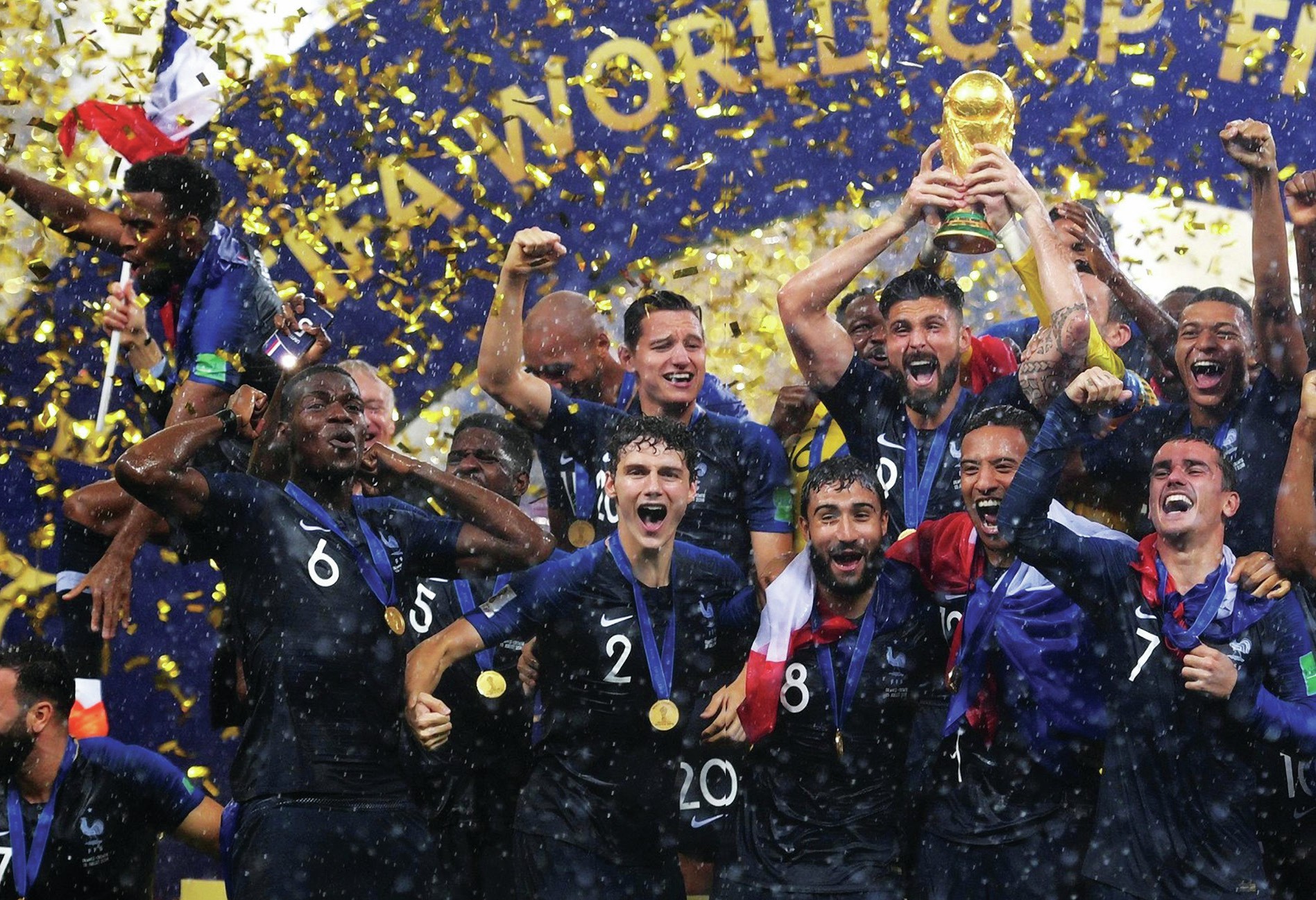
JOE ACKLAM FEARS FOOTBALL’S SHOWPIECE WILL SUFFER IF TOURNAMENTS EVERY TWO YEARS FOLLOW THE UPCOMING EXPANSION TO 48 TEAMS…
This year’s World Cup will be the last edition of the tournament to feature just 32 teams, with the next one in 2026 having 48 sides competing to become world champions.
It looks unlikely that this will be the only change to the World Cup that we see in the near future.
FIFA president Gianni Infantino and former Arsenal boss Arsene Wenger, FIFA’s chief of global football development, have been on the warpath over a biennial tournament for about a year now.
A 48-team tournament gives opportunities to more countries from around the world, and this will be a great experience for those teams, but should participation medals be handed out to teams not good enough to compete?
Although you sometimes have the odd side in a 32-team field that may be out of their depth, the competition provides games of a high quality that don’t descend into processions very often. It makes each match worth watching and exciting, even if they might seem unmatched on paper.
This is before you get to the threeteam groups, of which two teams progress. The European Championships have encountered the issue of the majority of teams making it out of the group, leaving a number of group stage matches with nothing on the line as teams have already qualified.
Additionally, with three in a group, teams will be playing at different times, leaving open the possibility of another ‘Disgrace of Gijon’ situa-tion, where West Germany and Austria played out a con-venient 1-0 win for the Germans in the 1982 World Cup which saw both qualify for the next round at the expense of Algeria.
If teams know that a certain result will see them both progress, you are asking for trouble.


Who would gain the most from a biennial World Cup? Well, if it isn’t FIFA themselves. It’s no great surprise that an organisation whose revenue across a four-year cycle is almost entirely generated during the World Cup year wants to add an extra tournament to the mix. The 2026 tournament – to be staged in the US, Mexico and Canada -is due to have 80, yes 80, matches. Having it every other year would add even more games to an already overcrowded calendar and take away from the magic of the World Cup.

Scarcity is what creates value, and only enjoying the greatest spectacle on earth once every four years is part of the reason it is so special.
To dilute that experience would cheapen everything about it and make each edition less of a momentous occasion.
Adapting to the modern age is something that has become an obsession in sport. Cricket is desperately chasing a mainstream audience by inventing more formats than I can count and boxing is doing everything it can to remain in the public’s consciousness.
That might make sense for sports that struggle to remain relevant, but football does not have that problem. Those sports are changing so that they can attempt to find what football already has.
The global audience exists with almost every country in the world obsessed with the big events and the money is already rushing in like the Nile is a tributary of these companies’ bank accounts. Changes to football should be about correcting hiccups, like a completely outdated rule book with more grey areas than actual text on the page.

Football has conquered the world and the World Cup is already perfect.
It’s got the ideal balance of allowing lots of teams in and maintaining a high level of quality -not oversaturating the market with too much of it.
So why should anyone be allowed to take a sledgehammer to the castle walls?


Book Reviews
Book Review: Chris Towers finds right mix

Book Reviews
Book Review: Sir Geoff Hurst hits net











